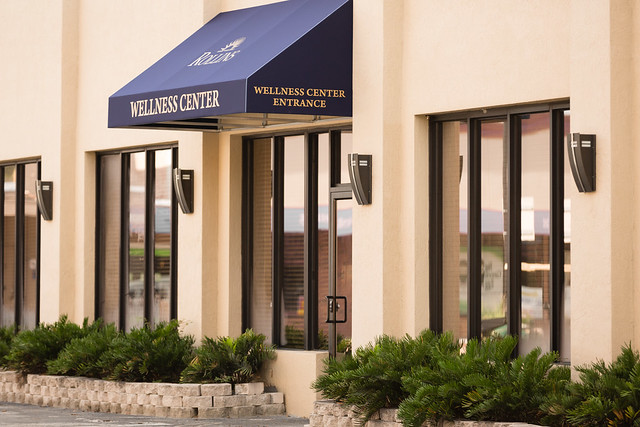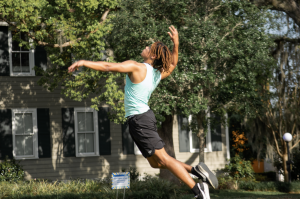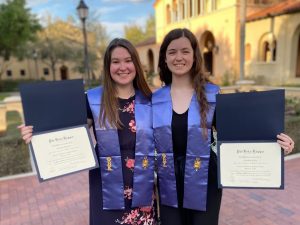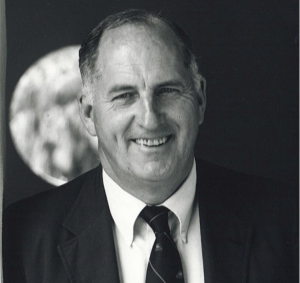After a 20 percent increase in use last year, the Rollins’ Counseling and Psychological Services (CAPS) has adjusted its treatment methods to accommodate more students.
The new emphasis on group therapy and a switch from weekly to bi-weekly individual appointments, leaves some students feeling concerned.
In the past, students began individual talk therapy at their first appointment. In this new model of care delivery, students will first attend a 30-minute consultation. They will work one-on-one with a counselor to design an individualized care plan and identify their needs and goals for therapy. In this way, resources can be delegated more efficiently.
Additionally, one-on-one therapy is offered on a biweekly rather than weekly basis, and group therapy and workshops are emphasized and integrated into individual plans.
Dr. Connie Briscoe, director of the Wellness Center, said that the changes are part of an initiative to move to a stepped care model of mental health service provision.
This approach is considered one of the most appropriate and cost-effective models for college campuses. A patient’s care plan is adjusted based on the severity of their mental health issues.
Briscoe said, “We spent time at other college counseling centers talking to other people who are using a variety of different models and felt that because we are a highly individualized campus and we’re all about relationships, the stepped care model really fits our campus and our culture best.”
The individualized care plans include self-help resources, group therapy, therapeutic workshops, biweekly individual talk therapy appointments, campus and community resources such as Student & Family Care. It can also include referrals to off-campus therapy, as well as any necessary specialized treatment options.
“We’re matching the needs of the students to the services much more intentionally, and so we’re seeing that students are receiving a much broader range of services,” said Briscoe.
One of the consequences of this need-matching plan is that many students will have less one-on-one appointments, unless a student is receiving specialized treatment or experiencing a crisis.
Anecia Inbornone (‘22), a client of the CAPS program, said, “I know that for me, if I’m in a group setting, I’m not as vulnerable as I would be in like a one-on-one session, and I know that’s probably very true for many people; so, although it’s an alternative, I don’t think that fixes the problem.”
Students are not upheld to the same code of ethics that requires counselors to maintain students’ confidentiality. Therefore, in group therapy and workshops, students must place their trust not only in their counselors but also in their fellow students to keep their personal information protected.
A survey conducted at the end of last year indicated that Rollins students would prefer to see a larger number and variety of workshops in addition to an increase in the availability of individual CAPS appointments.
Briscoe said that the CAPS program is not meant to be used as a long-term individual therapy service.
“If students really want and need long-term intensive individual therapy, something we don’t have here, we can always work with that student to provide them with resources in the community where they can go out and get that type of care,” said Briscoe.
However, many students at Rollins rely on the school’s mental health services because appointments are free and on-campus. Some students feel that there are not enough individual appointments available.
Kendall Clarke (‘21) has been using the CAPS program since the fall of her sophomore year. She said she benefited most from the relationship she built with her counselor in individual therapy.
“A lot of people use CAPS as a replacement for a therapist, and I get that it’s counseling and not official therapy … but we are college students and our money and our mobility are really limited,” Clarke said.
“I wanted to go to a professional therapist, but I don’t have a car, and I don’t have the money to be paying a Lyft or Uber every week to pay for a therapist, so CAPS kind of is the only thing I can get to help with some of my mental health issues,” she said.
From 2017 to 2018, faculty and staff referred students to CAPS at an increased rate of 300 percent. Last spring, roughly 350 Rollins students were utilizing CAPS.
From 2018 to 2019, the number of students using CAPS increased by 20 percent, raising the average wait time for a CAPS appointment from 6.5 days in 2018 to two weeks in the spring of 2019.
In August 2018, the Wellness Center was awarded the Garrett Lee Smith Campus Suicide Prevention Grant, a federal government grant matched by Rollins and totaling over $300,000 distributed over a three-year period.
Besides that, the Wellness Center has not requested any additional funding from Rollins, but Briscoe said she is always hoping for more resources.
However, there would be challenges along the way. Briscoe said, “If we were to get a lot more staff, where would we put them? We only have this one building.”
As this new model is implemented, Briscoe remains hopeful that the changes will be beneficial to a majority of students on campus.
“I think it can’t be anything but really positive for our students to have more options and opportunities and better ways to tailor our resources to their needs,” said Briscoe. “I wouldn’t have put the model together if I didn’t think that it was a more effective model than the one we had in the past.”
Students in need of mental health assistance are encouraged to contact the Wellness Center. No matter the time of day or availability at the Wellness Center, students in need of someone to talk to are encouraged to call the 24/7 crisis phone line at (833) 848-1761.
Additionally, students may utilize the WellTrack self-therapy app for free by registering with their student email address.















Be First to Comment